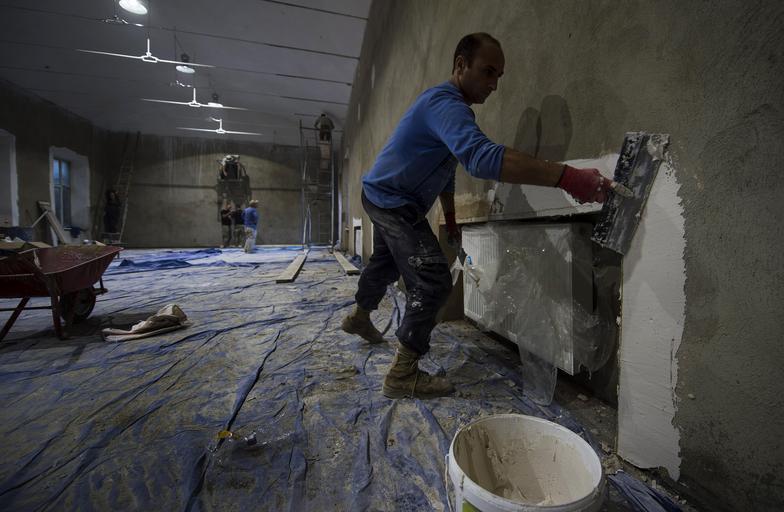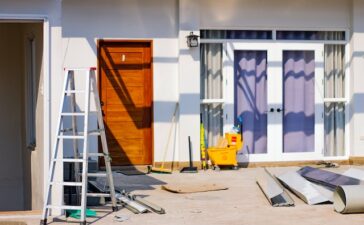Most homeowners fear plumbing issues, especially because they tend to occur when you least suspect them; the possibilities range from a blocked sink drain to a leaking water line. That said, here are a few short recommendations to examine if you’re wanting to improve your plumbing techniques around your humble dwelling, leaving less space for error.
Do: Have any plumbing leaks repaired as soon as possible.
Will you ignore the damage to your family room window if you saw it was broken, or would you still have it repaired straight away? While it’s reasonable to expect a professional to repair a broken window right away, the same cannot be said for a plumbing leak. While ignoring a minor leak, such as a dripping faucet, may seem insignificant, delaying repair may cause more harm than good.
According to the EPA, a leaking faucet (dripping at a rate of one drop per second) can burn more than 3,000 gallons of water per year – scary, right? If you overlook a leaking piping feature or disregard signals that you have a concealed plumbing leak (i.e., unexpectedly higher water bills), you may end up with the unavoidable – mould development, a burst plumbing line, and so on.

Don’t: Do-It-Yourself Plumbing Projects If You Don’t Have Any
Because we spend extra time at home these days, you might be tempted to change a plumbing fixture (or several) in your family space to give it a more modern touch. If you haven’t done any plumbing adjustments or improvements before, it’s best to leave it to an expert.
For starters, there have been numerous occasions where a homeowner failed to cut off their supply of water before starting a project, resulting in floods. Other times, a fixture may appear to be properly placed, yet it is either loose or over-tightened (which could lead to stripped bolts and irreversiblescrews). What is the solution?
It’s essential to plan an appointment with your trusted plumber and call emergency plumbing services before it gets too late. They are well-versed in all aspects of your plumbing system and will assist you in making modifications as smoothly and effectively as possible.

Don’t: Use a Chemical Sewer Cleaner
To remove a clog at home, avoid using a chemical drain cleaner at all costs. These chemical mixtures are not only bad for the planet and your plumbing system, but they could also be bad for your health (especially if used in a poorly ventilated area).
Many chemical sewer cleaners, it turns out, are caustic (they can contain sodium hydroxide or sulfuric acid), which means they’ll heat up when they come into touch with a blockage. They’ll not only retain your drains clear over time, and they’ll also have a risk of melting PVC and older metal pipes if used repeatedly.
Do: Take Care When Disposing of Garbage
The garbage disposal is a popular kitchen appliance among many homeowners. This gadget is fitted immediately within your sink and aids in the grinding of solid food waste so that it can be safely disposed of through your home’s plumbing system (hello, odour-free garbage can!).
While it may appear that a garbage disposal can handle just about anything you “feed” it, this is far from the case. As it turns out, you should be gentle with your unit, avoiding “feeding” it potentially harmful objects.





